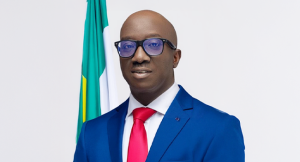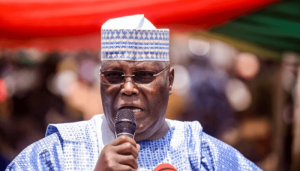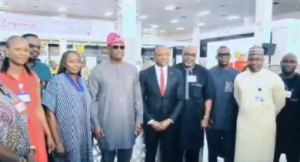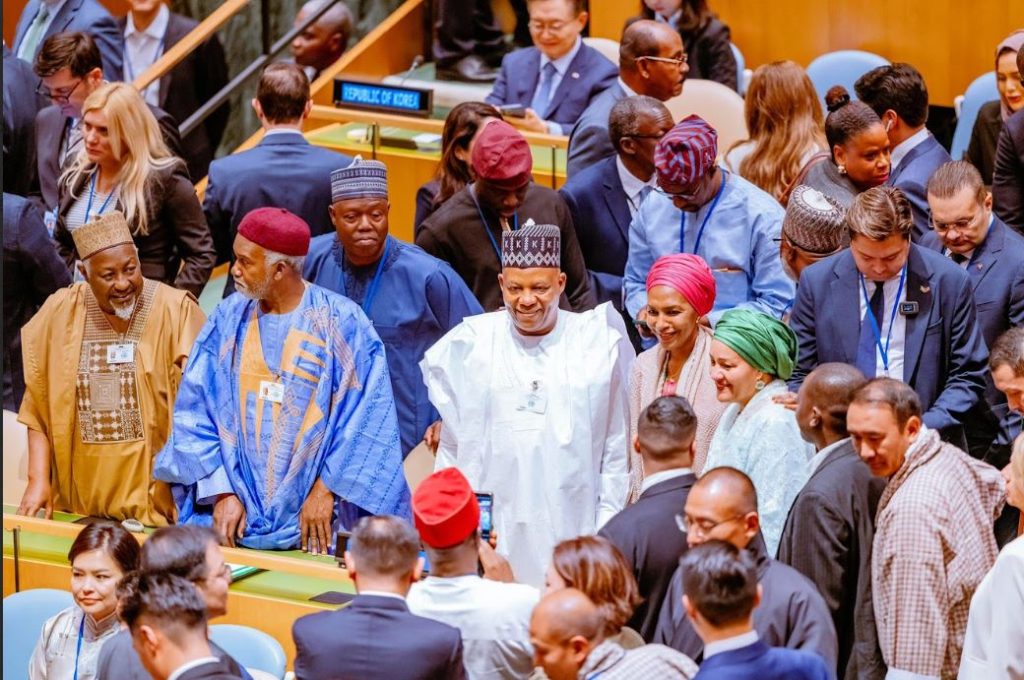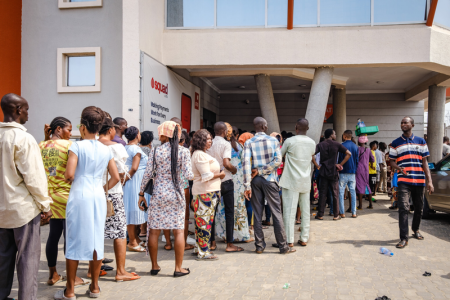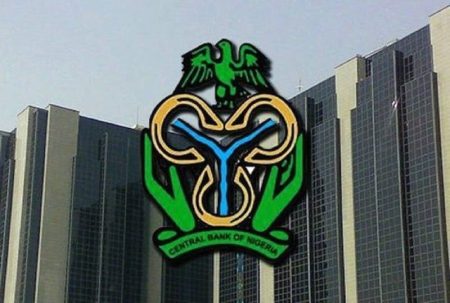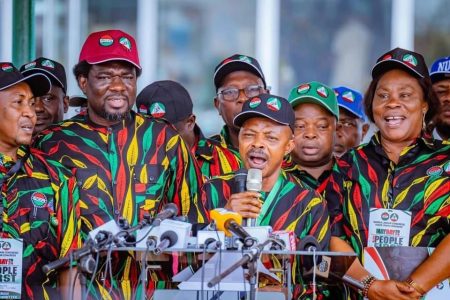President Bola Tinubu has called on world leaders to prioritize debt forgiveness for Nigeria and other developing countries, urging creditors and multilateral financial institutions to take decisive action. Addressing the 79th Session of the United Nations General Assembly in New York, Tinubu, represented by Vice President Kashim Shettima, highlighted the severe debt burdens faced by nations in the Global South. He emphasized that without special concessions and a review of their debt obligations, meaningful economic progress will remain elusive.
In a statement released by Stanley Nkwocha, Senior Special Assistant to the President on Media and Communications, Tinubu underscored that the current global debt situation hinders countries’ abilities to meet the needs of their citizens. He pointed to trade barriers, protectionist policies, and unchecked competition as obstacles to global investment and growth.
According to the Nigerian Debt Management Office, the country’s domestic and external debt reached N121.67 trillion ($91.46 billion) as of Q1 2024. Furthermore, Nigerian states faced a staggering 122% increase in external debt servicing in the first half of 2024, putting additional strain on fiscal health, with Kaduna and Lagos states incurring the highest costs.
Tinubu also advocated for enhanced international cooperation to recover assets lost to corruption and illicit financial flows, aligning with the principles of the UN Convention against Corruption. He urged global leaders to implement effective measures to return stolen funds to their countries of origin and eliminate safe havens that facilitate these illicit activities.
Addressing broader global issues, Tinubu warned against the rise of nationalism and unilateral policies that threaten the principles of multilateralism and global collaboration. He stressed the need for collective solutions to pressing challenges such as terrorism, climate change, poverty, food insecurity, and nuclear proliferation, lamenting the lack of significant progress despite years of international dialogue.
Reaffirming Nigeria’s commitment to multilateralism, Tinubu urged the United Nations to strengthen its core pillars of peace, sustainable development, and human rights, cautioning that the organization’s relevance is at risk without a renewed focus on inclusivity and global cooperation.



